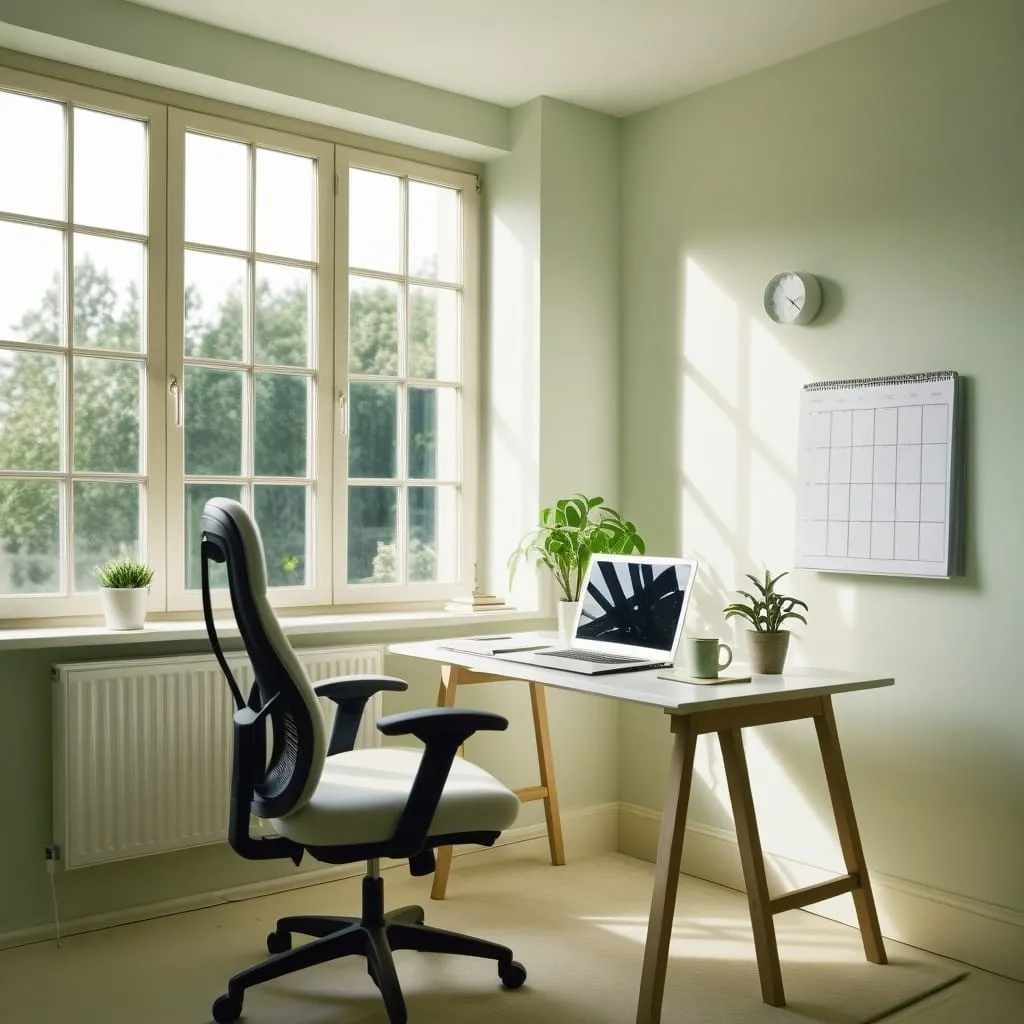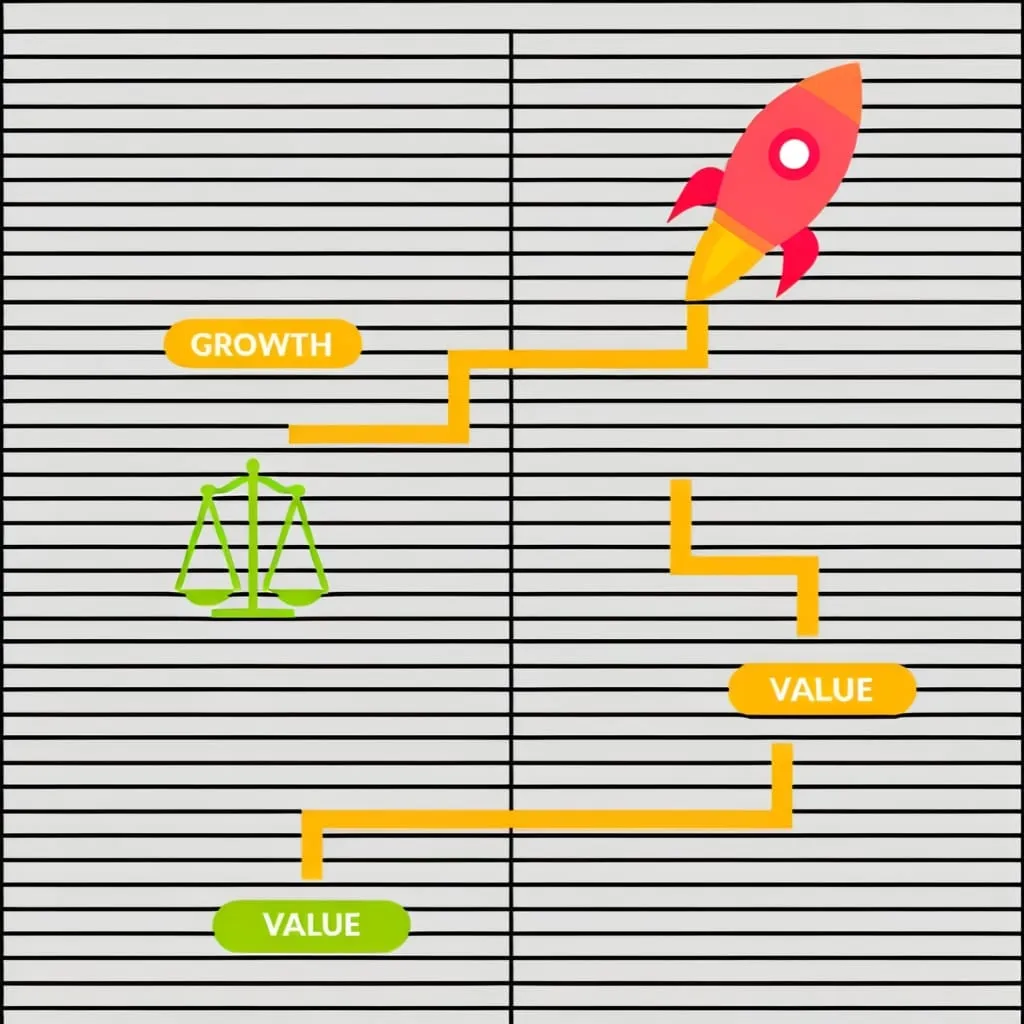The 5 AM Wake-Up Call: Debunking the Productivity Myth
We've all heard the stories of successful CEOs and celebrities who swear by their crack-of-dawn wake-up routines. It's enough to make you feel guilty for hitting the snooze button, right? But here's the thing: waking up at 5 AM isn't the magic productivity potion it's often made out to be. In fact, for many of us, it could be doing more harm than good.
Let's dive into why this early bird mentality might not be all it's cracked up to be.
First off, we're all wired differently. Some of us are natural early risers, bouncing out of bed as soon as the sun peeks over the horizon. Others are night owls, finding their groove when the rest of the world is winding down. Trying to force yourself into an unnatural wake-up time is like trying to fit a square peg into a round hole – it's just not going to work in the long run.
Think about it: have you ever tried to drag yourself out of bed at an ungodly hour, only to spend the rest of the day feeling like a zombie? Yeah, me too. That's because our bodies have their own internal clocks, or chronotypes. Some people are "lions," ready to tackle the day at dawn, while others are "wolves," hitting their stride later in the day. Trying to change your natural chronotype is like fighting gravity – you might manage it for a while, but eventually, you're going to come crashing down.
Now, let's talk about sleep deprivation. If you're not getting enough shut-eye, you're basically setting yourself up for failure. Imagine trying to solve complex problems or make important decisions when your brain feels like it's been through a blender. Not a pretty picture, right? Sleep loss can actually impair your cognitive functions to the point where you're about as sharp as someone who's had a few too many drinks. Not exactly the productivity boost we're aiming for.
But it's not just about productivity. Getting enough sleep is crucial for our overall happiness. In fact, research shows that getting sufficient sleep is the number one factor in happiness, even more important than social interaction. So, if you're sacrificing sleep for the sake of an early wake-up call, you might be doing yourself a major disservice in the happiness department.
Now, don't get me wrong – having a consistent morning routine is important. It sets the tone for your day and can help you feel more in control. But that doesn't mean you have to be up with the roosters. Maybe your ideal routine involves making your bed as soon as you wake up, regardless of whether that's at 5 AM or 9 AM. It's about finding what works for you, not forcing yourself into someone else's idea of the "perfect" routine.
Let's talk about that sneaky little snooze button for a second. It might seem harmless to grab those extra few minutes of sleep, but it can actually mess with your sleep cycle. When you drift off after hitting snooze, you're not picking up where you left off – you're entering lighter stages of sleep that aren't as restorative. The result? You end up feeling even more groggy and out of it than if you'd just gotten up in the first place.
Exposure to sunlight in the morning is super important for regulating your body's natural rhythms. It helps your body produce melatonin at the right times, making it easier to fall asleep at night. But here's the thing: you don't need to be up at the crack of dawn to reap these benefits. Even a short walk outside later in the morning or simply opening your curtains to let the light in can do the trick.
Let's consider the impact on your social life, too. If you're dragging yourself out of bed at 5 AM every day, chances are you're going to be ready to crash by the time evening rolls around. That means missing out on late-night conversations, social events, and quality time with friends and family. Is it really worth sacrificing your relationships and personal life for the sake of an early wake-up call?
The truth is, productivity is a highly personal thing. What works for one person might be a total disaster for another. Some people are at their best first thing in the morning, while others hit their stride later in the day. The key is to figure out what works best for you, rather than trying to force yourself into someone else's idea of the "perfect" routine.
Let's look at some real-life examples. Say you work from home and have the flexibility to set your own schedule. You might find that waking up at 7 AM gives you time for a relaxed breakfast, some family time, and then you can start your workday feeling refreshed and focused. On the other hand, if you commute to an office job, waking up at 6 AM might be more manageable, allowing you to get ready and catch your train without feeling rushed.
The bottom line is this: it's not about waking up at a specific time. It's about finding a balance that works for you. It's about understanding your body's needs, your lifestyle, and what makes you feel most energized and focused. For some, that might mean an early wake-up call. For others, it could mean sleeping in a bit later and starting the day when they feel most alert.
So, the next time you're tempted to set that 5 AM alarm, take a step back and ask yourself: is this really the best choice for me? Or is there a better way to start my day that feels more natural and sustainable? Remember, the most important thing is that you're getting enough sleep, maintaining a consistent routine, and finding time for the things that make you productive and happy.
In the end, productivity isn't about following someone else's rules or trying to fit into a one-size-fits-all mold. It's about finding what works for you and sticking to it. So whether you're an early bird or a night owl, embrace your natural rhythms and create a routine that makes you feel energized, focused, and ready to take on the world – whatever time that happens to be.






